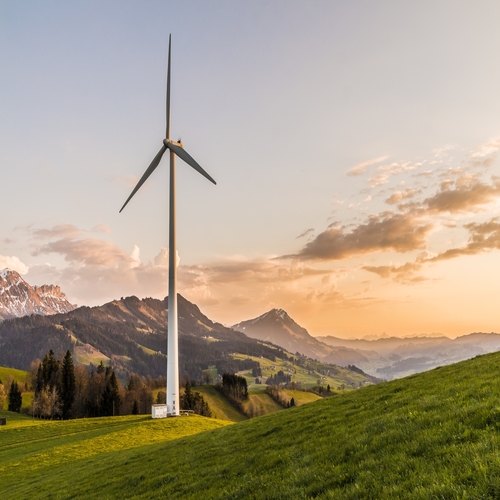Renewable energy
The goal of the course is to review and assess the technological potential of renewable energy. At the end of the course the students will have learned: (a) the importance of renewable energy resources potential, (b) the main technological pathways for renewable resources exploitation, (c) the impact of renewable resources penetration in the energy system (environmental vs. economic) and (d) how to perform an energy system design based on economic and environmental considerations.
More...
 Renewable energy is growing rapidly, with record numbers of new wind and solar installations coming online in Europe over the past few years. Within the next 25 years in Europe, at least 40 percent of our electricity will be produced by renewable energy sources due to mandates for CO2 emissions reduction. To this end, existing technologies need to be adapted for use within a gradually changing energy map or replaced by more innovative yet efficient ones towards a clean energy future.
Renewable energy is growing rapidly, with record numbers of new wind and solar installations coming online in Europe over the past few years. Within the next 25 years in Europe, at least 40 percent of our electricity will be produced by renewable energy sources due to mandates for CO2 emissions reduction. To this end, existing technologies need to be adapted for use within a gradually changing energy map or replaced by more innovative yet efficient ones towards a clean energy future.
Renewable Energy, Resources and Perspectives is an introductory course to energy, reserves and resources that covers the technological, environmental and economic background of renewable energy production. A brief analysis of the current situation in energy production and use will be made and the perspectives of renewable energy penetration will be discussed in the context of reducing the total carbon emissions. Subjects such as: Energy potentials, GHG emissions, renewable energy technologies (wind, solar, biomass, bio-fuel, hydropower, green hydrogen) will be discussed. In the end, a framework for large-scale energy systems design based on economic and environmental considerations will be presented and explained.
The goal of the course is to review and assess the technological potential of renewable energy. At the end of the course the students will have learned: (a) the importance of renewable energy resources potential, (b) the main technological pathways for renewable resources exploitation, (c) the impact of renewable resources penetration in the energy system (environmental vs. economic) and (d) how to perform an energy system design based on economic and environmental considerations.
Contents:
- Energy resources and global situation
- Renewables potential
- Energy efficiency
- Greenhouse gas emissions
- Economics of renewable technologies
- Technological pathways for renewable energy technologies
- Perspectives of renewables introduction in the energy system
- Carbon flows and circularity
- Energy system design


